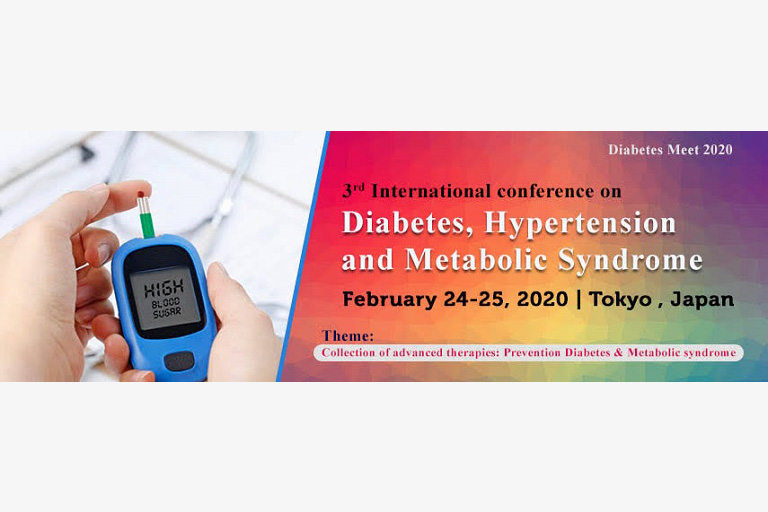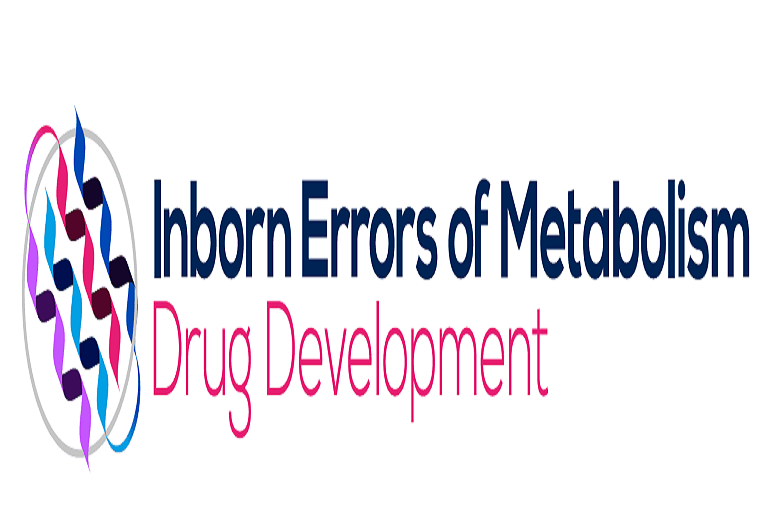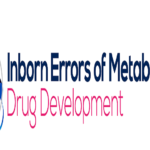Botox® is the brand name of Allergan’s therapeutic botulinum toxin. In this article, we’ll conduct a brief overview of its medical and cosmetic uses. This overview will incorporate what procedures Botox is used for, its common side effects, and a general overview of the botulinum toxin.
What Is Botulinum Toxin?
Botulinum toxin is a neurotoxic protein. It acts by preventing the neurotransmitter acetylcholine from being released, causing paralysis in affected areas. Botulinum toxin is the most poisonous substance known, with mere nanograms of the substance proving lethal. Botulinum toxin is the cause of the disease known as botulism, which, while fatal when untreated, is readily treated by an antitoxin.
How is Botox Used?
Botox® takes advantage of botulinum toxin’s potent effects to cause selective weakening or paralysis in a particular muscle or muscles. As we’ll explore, this has several potential medical uses. Some of these are approved by the FDA, while others are still under review. Botox®, when used by a trained professional, is an extremely safe procedure, especially when compared to some of its alternatives. It goes without saying, however, that use by anyone who isn’t a trained professional is an extremely risky proposition. It is, after all, the most poisonous substance known.
Botox and Cosmetic Procedures
Botox® is FDA approved to temporarily improve the look of frown lines and crow’s feet. While it’s common to use Botox for frown lines and crow’s feet, there are a number of other cosmetic procedures that Botox® is requested for, even though they are not FDA approved. These include:
- Reducing asymmetry in the face
- Improving the appearance of the neck and nose
- Reducing the appearance of worry lines
While patients may request Botox® injections for many age-related cosmetic concerns, it’s important to note that the product is not necessarily FDA approved for these purposes. As such, the patient should be informed of the approved uses of Botox®.
Botox and Medical Procedures
While Botox® is mostly known for its cosmetic applications, it has a much wider array of medical applications outside of the world of cosmetics. Botox® has been FDA approved for wide-ranging treatments, including:
- Prevention of migraine headaches in sufferers who get migraine headaches 15 days or more each month, and whose headaches last for four hours or longer. In the case of migraines, Botox® is used to inhibit transmission in sensory nerves that cause pain. While Botox® does not eliminate migraines, it does reduce their frequency and severity.
- Treatment of urinary incontinence related to spinal cord injuries and multiple sclerosis are the only urinary issues Botox® is approved to treat by the FDA. Treatment of urinary incontinence caused by an overactive bladder (sometimes known as urge incontinence) with Botox® is not approved, but has shown off-label potential. In this treatment, Botox® works to relax the bladder. As such, a side effect can be urinary retention, and so the treatment is not recommended for men with a history of prostate problems.
- Treatment for upper limb spasticity, a condition in which muscle tension causes tightness, stiffness, and a loss of control in the upper limbs (elbows, wrists, forearms, and hands). Here, the advantages of Botox® are clear; by blocking acetylcholine, these muscles cannot become as tense.
- Treatment for spasmodic torticollis, also known as cervical dystonia, a condition in which your neck muscles contract involuntarily, causing your head and neck to move into uncomfortable positions. Again, here, Botox® serves to stop muscles from contracting.
- Treatment of strabismus in patients who are 12 years old or older. Strabismus, or crossed eyes, is caused, in some cases, by contractions in the eye muscles. Once again, Botox® serves to stop the muscles from contracting abnormally and erratically.
Cautions and Side Effects
Botox® for cosmetic purposes is only recommended for people who are 18 years old or older. Botox® for medical procedures will vary depending on exactly what treatment is being conducted, though it’s generally only used for people 18 years or older (aside from strabismus, where it is used for people 12 years old or older).
There are a wide variety of side effects to Botox®, and those side effects will vary depending on where it has been injected. These side effects include:
- Pain, swelling, and bruising in the area that’s been injected.
- Dry mouth
- Neck pain
- Eye problems, including dry eye, blurred vision, double vision, and decreased eyesight for injections near the eye
- Bladder pain and/or painful urination in the case of treatment of urinary incontinence
- Rashes and itching
- Runny or stuffy nose, sneezing, sore throat, cough, and other cold-like symptoms
- Drooping in affected areas
Many of these side effects are quite uncommon. There can also be rare, serious side effects, including seizures, difficulty breathing, and allergic reactions. Click here for a more comprehensive list of side effects.
It’s important to note that there are no generic substitutes for Botox®. While there are other formulations of the botulinum toxin, they may be indicated for different uses and with different doses.
It’s also important to note that Botox® is not a permanent cure to any health problems; repeated injections are needed in order to maintain the desired effects. How long a patient can go between treatments depends on a variety of factors, including:
- What condition is being treated
- Age, gender, and other patient-related factors
- How many Botox® treatments the patient has received in the past
Patients who are breastfeeding or pregnant should not be injected with Botox®. There are a variety of other contraindications, including, of course, patients who are allergic to Botox®.
Why Botox?
For medical purposes, Botox® is often used because it’s both safe and effective – for some conditions, Botox® offers treatment options where few others exist. The same is true for cosmetic uses. Dr. Nathan Newman, creator of the Stem Cell Lift, has this to say about Botox® on his website: “…of every 1000 patients, just two or three experienced any adverse side effects”. In other words, the rate of adverse side effects in Botox® patients is somewhere around 0.24%; incredibly low. Compare that to NSAID side effects, where 1-2% of chronic NSAID users report clinically significant upper GI problems. Given how safe NSAIDs are considered to be (they’re available over-the-counter), the safety of Botox® (when injected by a professional) is quite apparent in comparison.
This review of Botox® is not exhaustive; it is, instead, intended to give clinicians, healthcare workers, and patients an overview of the potential on and off-label uses of the substance, as well as some of its possible adverse effects. As always, talk to your doctor before using Botox®.














































